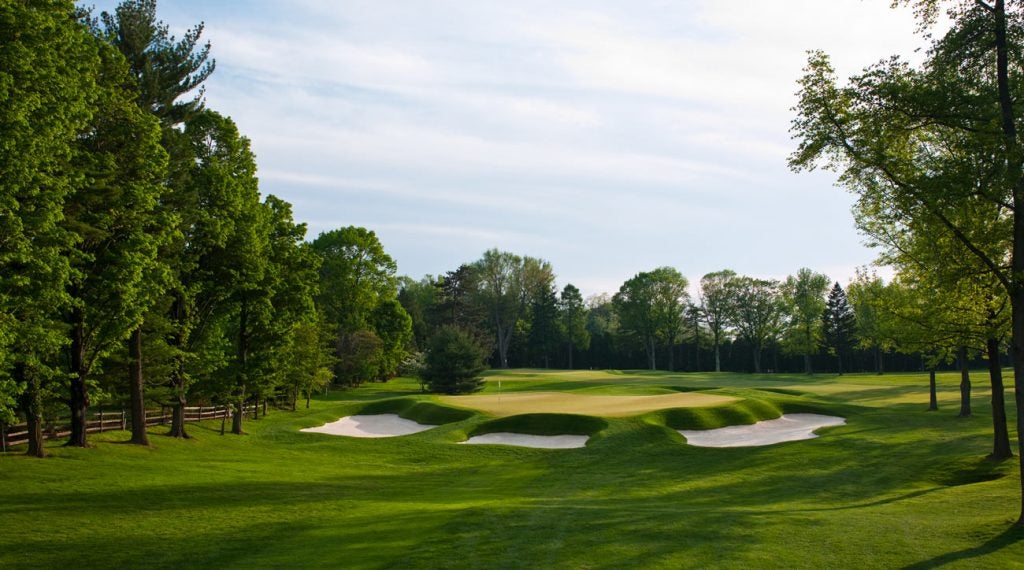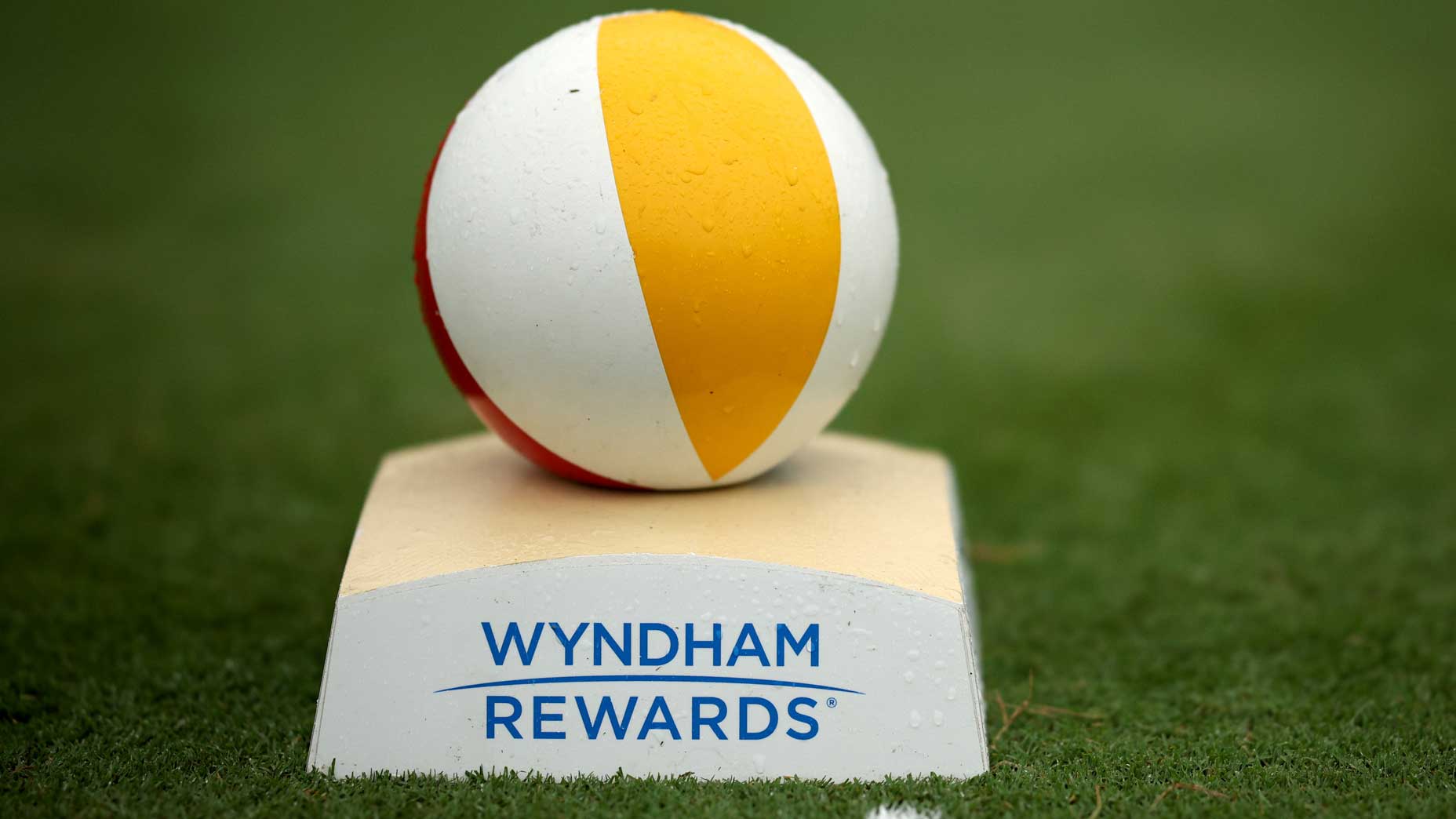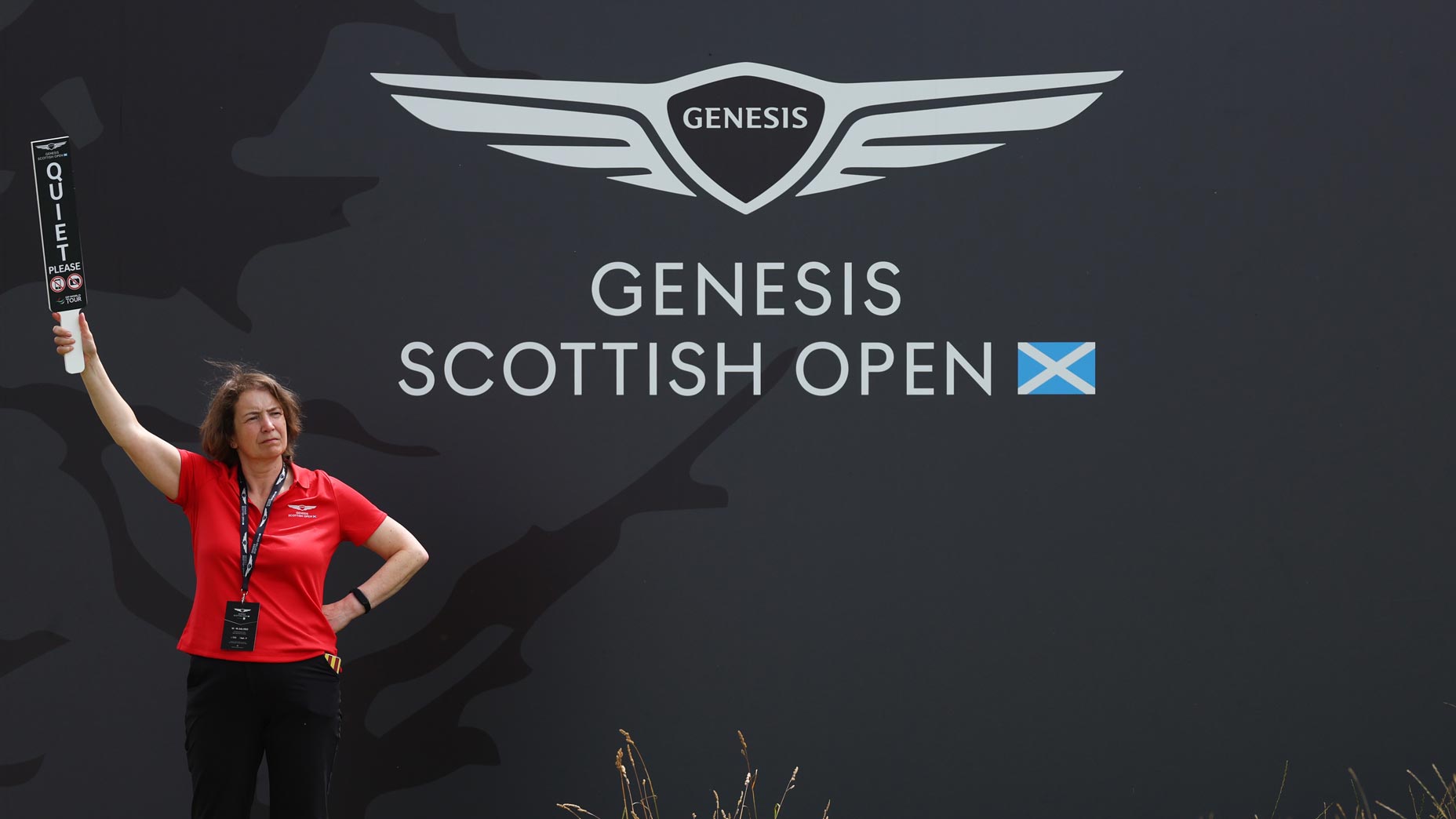Two of the PGA Tour’s biggest September tournaments, the Dell Technologies Championship and the BMW Championship, the middle legs in the FedEx Cup playoffs, will take place on golf courses that architect Gil Hanse has substantially reworked. He renovated one and restored the other. What’s the difference? Hanse explains.
“Restoration is when the principles, style and objectives of the original architect are the overriding factors for decision-making on the project,” Hanse says. “There’s also sympathetic restoration, when those same elements are put into place as the overriding factors, but then you’re accommodating the modern game and technology in placing and designing the features. Renovation is when you allow your own thoughts to creep into the equation, either because there’s no significant architectural pedigree or no desire to restore what was there, or perhaps there’s something that just doesn’t work based on the modern game.

When we renovate a historic course, we try stylistically to at least make it fit, so it doesn’t appear like this golf hole was dropped from outer space. Redesign is when there’s nothing of inherent value there that we can identify or that feels as though it adds to the experience. We propose redesign in cases where we just think we can do a better job than what’s here, or what was here. Renovation is the most difficult sell to members, because it’s piecemeal, rather than wholesale change. And you’re always going to have members who like the hole or course just the way it is.”
At TPC Boston, which will host the Dell, Hanse began an extreme makeover of the original Arnold Palmer layout in ’07, then created two new holes—12 and 13—in ’17. “That was a renovation,” Hanse says. “We kept the routing but made stylistic changes to make the course feel more like it belonged in New England.”
The 90-year-old Aronimink, host of this year’s BMW Championship, is ultimately a sympathetic restoration. “We really focused on the original Donald Ross design character, the style of the bunkering and the configuration of the bunkering,” says Hanse, although he acknowledges that some length was added and bunkers were set in locations more fitting with today’s technology. Thanks to Hanse, his design partner Jim Wagner, associate Jaeger Kovich and the rest of his team, golf design fans will have a feast of both modern and classic to enjoy in early September.







